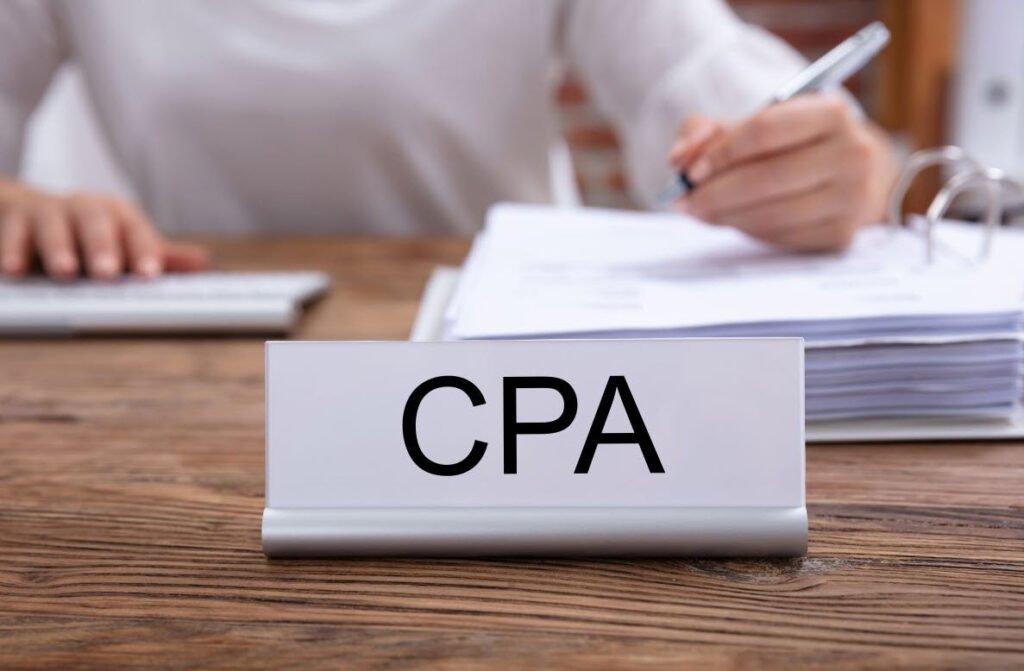The Certified Public Accountant (CPA) Exam stands as a significant milestone in the accounting profession. It represents a rigorous test of knowledge and skills, with a pass rate that underscores its formidable nature. However, with careful preparation and attention to detail, candidates can significantly increase their chances of success.
Understanding and avoiding common mistakes can be the key to achieving a passing score.
1. Failure to Understand Exam Question Requirements
One of the most common pitfalls for CPA Exam candidates is a failure to thoroughly understand what the exam questions are asking. Rushing into answering without carefully reading and comprehending the requirements can lead to incorrect responses. It’s crucial to take the time to analyse each question and ensure a clear understanding of what is being asked before formulating an answer.
2. Misunderstanding Supporting Text
Many exam questions include supporting text or scenarios to provide context. Misinterpreting or overlooking this information can lead to errors in judgment. Candidates must pay close attention to supporting text, as it often contains vital clues or additional information necessary to answer the question accurately.
3. Lack of Knowledge of Tested Material
Keeping abreast of recent developments in accounting standards and pronouncements is essential for CPA Exam success. Failure to stay updated on relevant material can result in missed questions and lower scores. Candidates should dedicate sufficient time to studying and reviewing all tested material, especially recently issued pronouncements, to ensure a comprehensive understanding.
4. Inadequate Proficiency with Computer-Based Testing Tools
The CPA Exam is administered via computer-based testing, requiring candidates to be proficient in using electronic research databases, spreadsheets, and other practice tools. Lack of familiarity with these resources can impede performance. Candidates should invest time in practicing with computer-based testing tools to build confidence and proficiency.
5. Inability to Apply Solutions Approach
The ability to apply a structured solutions approach is critical for tackling complex exam questions effectively. Candidates must develop proficiency in analyzing problems, identifying relevant information, and formulating logical solutions. Practicing problem-solving strategies can help candidates approach exam questions with confidence and clarity.
6. Lack of Exam Strategy
Effective time management is essential for success on the CPA Exam. Candidates who fail to allocate their time strategically across different question formats may find themselves rushing or running out of time. Developing a clear exam strategy, including allocating time for each section and question type, can help candidates maximize their performance.
7. Sloppiness and Computational Errors
Simple computational errors or sloppy mistakes can cost candidates valuable points on the exam. Careless errors, such as misreading numbers or neglecting to double-check calculations, can lead to incorrect answers. Candidates should prioritize accuracy and attention to detail to minimize these types of mistakes.
In conclusion, while the CPA Exam presents a formidable challenge, candidates can improve their chances of success by avoiding common mistakes. By thoroughly understanding exam question requirements, staying updated on relevant material, practicing with computer-based testing tools, applying a structured solutions approach, developing an exam strategy, and prioritizing accuracy and attention to detail, candidates can enhance their performance and increase their likelihood of passing the exam.
Remember, every mistake avoided is a step closer to achieving the goal of becoming a CPA.


